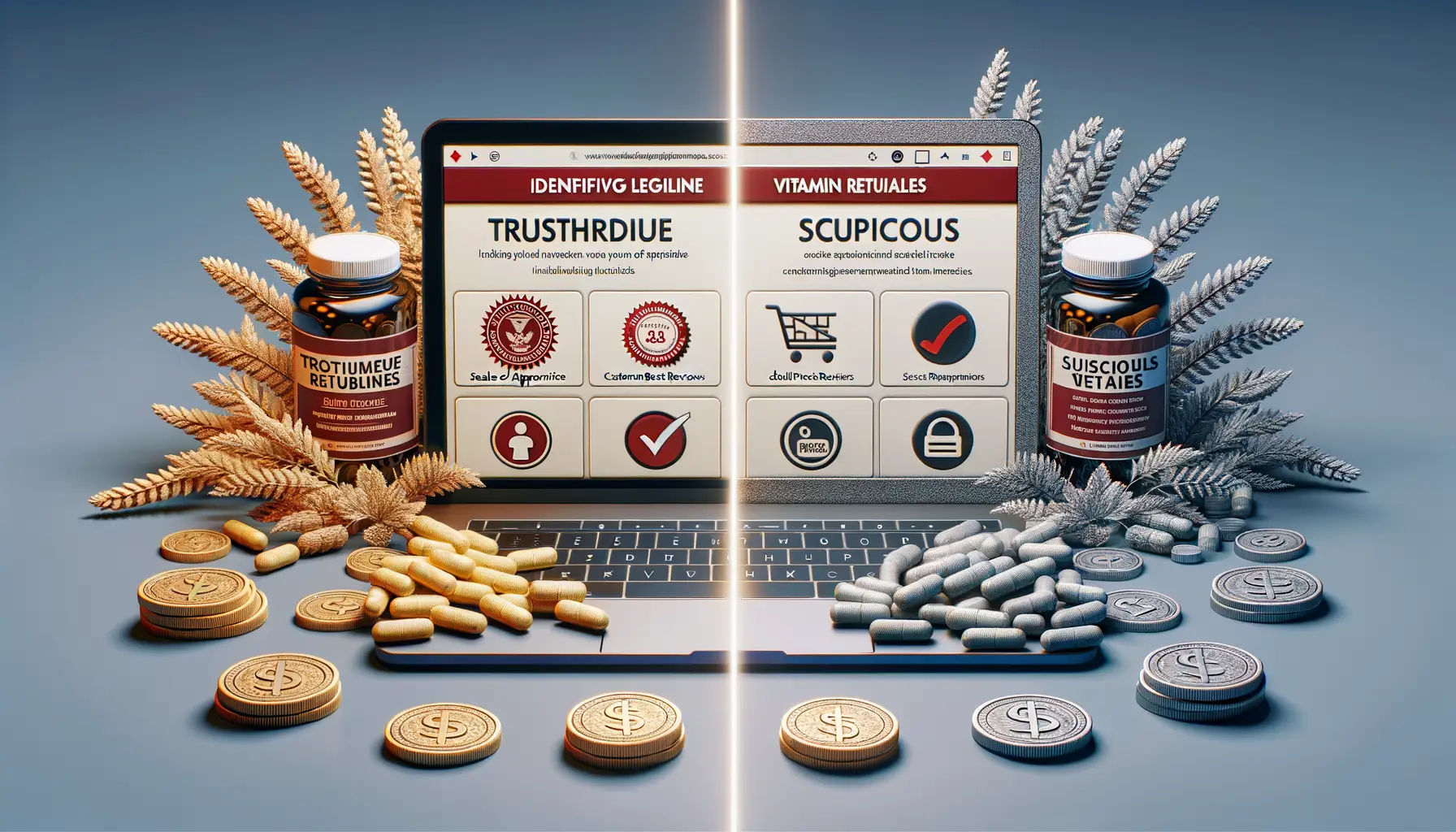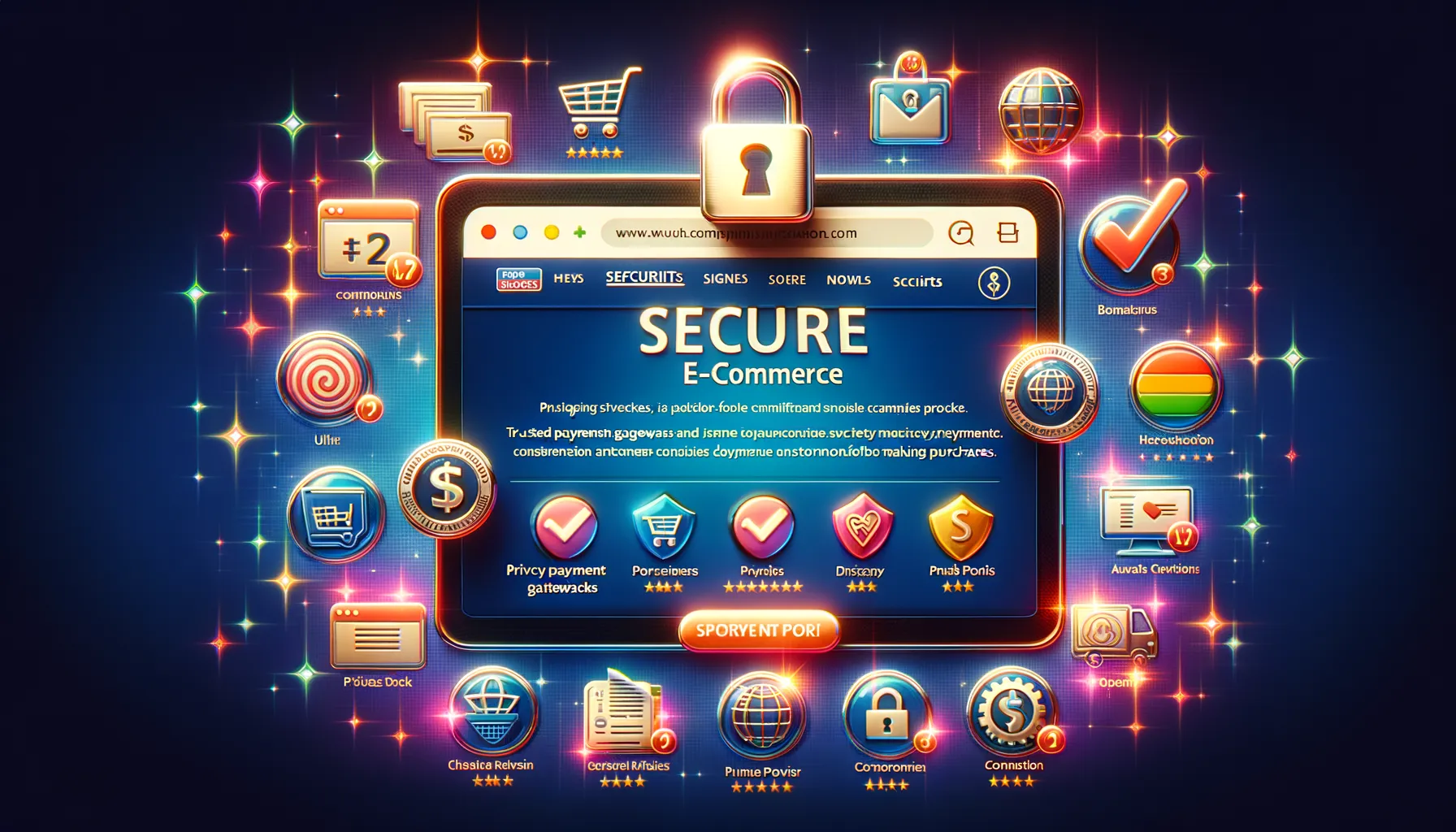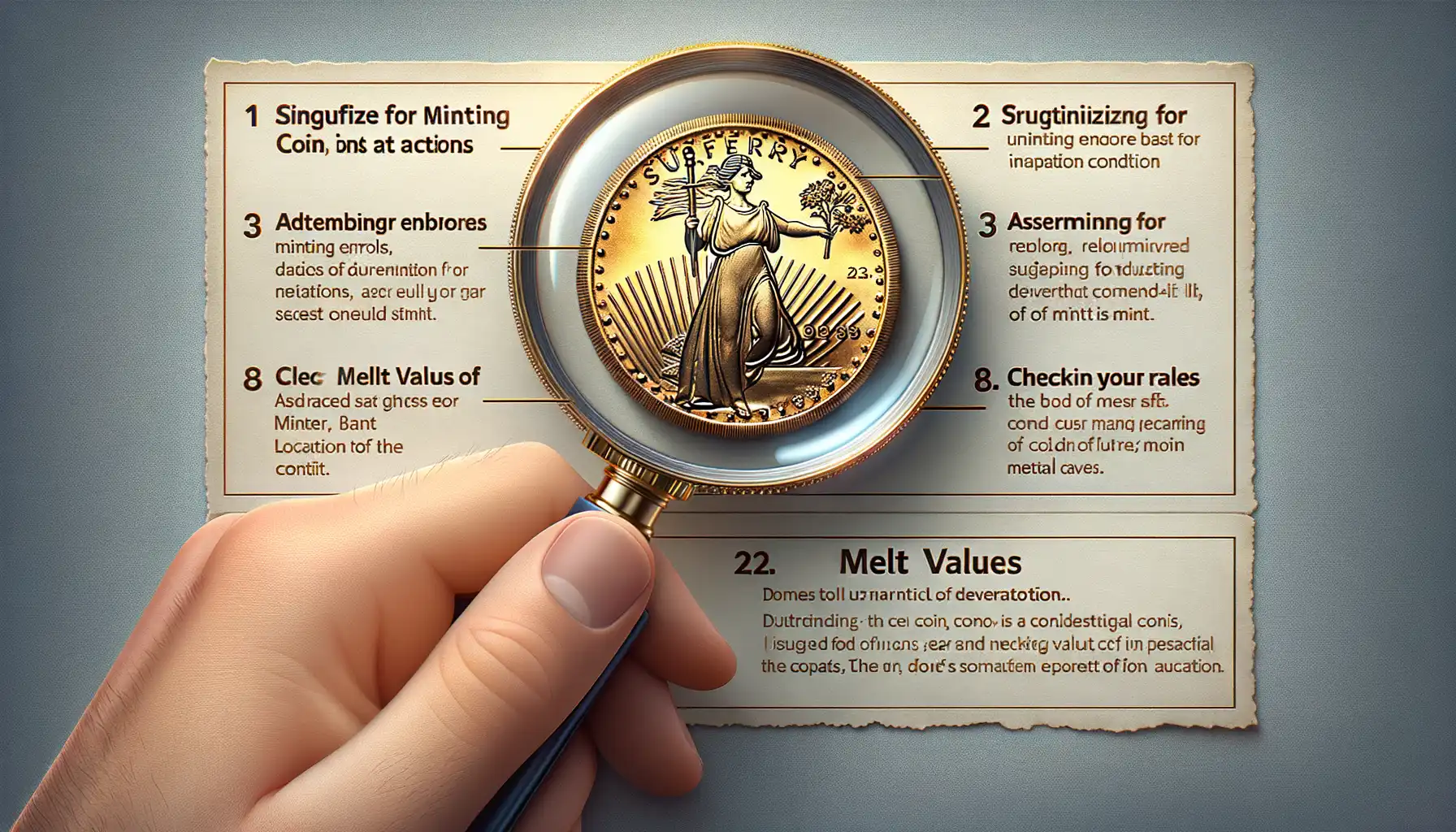Understanding Phishing Scams in Online Shopping
What Makes Phishing Scams So Sneaky?
Picture this: You’ve found a website selling the exact prenatal vitamins you were searching for. The price? Almost unbelievable—it feels like you’ve struck gold. But here’s where it gets tricky. Phishing scams are masters of disguise, dressing up as legitimate businesses while luring you into their trap.
These scams often mimic well-known brands with eerily similar logos, professional-looking websites, and too-good-to-be-true discounts. You might even notice an email dropping into your inbox, offering exclusive savings on “high-demand” vitamins, urging you to act quickly. Their goal? To steal your personal or financial details before you even realize something’s off.
One telltale sign is a request for sensitive information like passwords or payment details through links or forms. Just pause for a second—why would a genuine retailer need that from you in an email?
Spot the Red Flags Before It’s Too Late
Keep an eye out for the following shady tactics often employed in phishing scams:
- A URL that feels “off”—look closely for extra numbers, misspellings, or suspicious extensions.
- Pop-ups pressuring you to make immediate decisions.
- Emails starting with vague greetings like “Dear Customer” or riddled with spelling errors.
Always trust your intuition. If something feels wrong, it probably is. Remember, no bargain is worth risking your security or peace of mind.
Tips to Identify Legitimate Online Vitamin Retailers

Spotting Authentic Vitamin Sellers with Confidence
Shopping for prenatal vitamins online can feel like navigating a jungle. With so many websites screaming “Buy Now!”, how do you know if you’re dealing with the real deal? Let’s break it down so you always stay one step ahead of scammers.
First, check for a physical address and a customer service number on the retailer’s website. Legitimate stores aren’t afraid to show you where they’re based or how to contact them. If the site hides these details like a bad secret, that’s your cue to run.
Next, research the brand’s reputation. Search for reviews or testimonials outside their website. Sites like Trustpilot or the Better Business Bureau often reveal whether buyers are singing praises—or sounding alarms.
- Look for sites with SSL certificates (a small padlock in the browser bar!). It’s not just tech lingo—it means your connection is secure.
- Beware of heavy discounts. If prices are too good to be true, they probably are!
- Stick to brands you’ve seen recommended by doctors, pregnancy forums, or credible health blogs.
When it comes to your health, trust isn’t optional. Treat every click as a gut check—literally!
How to Safeguard Your Payment Information

Protect Your Sensitive Information Like a Treasure
Picture this: your payment information is the key to your digital kingdom. Would you leave it lying around unlocked? Of course not! Protecting your credit card details when shopping for prenatal vitamins online is just as crucial. Start with using only a secure internet connection — public Wi-Fi might feel convenient, but it’s a playground for those sneaky cyber-thieves.
When entering payment details, make sure the website address starts with https://, not plain old “http.” That extra “s” is like a safety seal, ensuring your data travels in an encrypted format. And don’t forget to enable two-factor authentication where possible. It’s a bit like having a second lock on your front door — an added layer of security that makes breaking in way harder.
Simple Habits That Keep Your Wallet Safe
It may sound obvious, but never save your payment information on websites you’re unsure about. Keep these habits in mind:
- Use virtual or one-time use credit card numbers offered by many banks for online purchases.
- Check bank statements frequently and set up alerts for unusual spending activity.
Think of these practices as everyday armor to keep your finances safe while you shop for that perfect blend of prenatal vitamins.
Signs of a Secure E-commerce Platform for Purchases

How to Recognize Trustworthy Websites at a Glance
Shopping online for prenatal vitamins? Let’s make sure you’re surfing safe waters. A reliable e-commerce platform will wear its trust like a badge of honor. Think of it as meeting someone new—first impressions matter. Some visual cues can instantly tell you if this is a site worth your trust.
- SSL Certificates: Look for that little padlock next to the URL. No padlock? Run, don’t walk, away!
- Secure URLs: The address starts with “https://”? That “s” stands for safety, my friend.
- Information Transparency: Legit platforms shout their contact details, return policies, and customer service options from the rooftops—no hiding in the shadows.
Customer Experience Doesn’t Lie
Trustworthy sites feel like tailored boutiques rather than one-size-fits-all bazaars. They’ve invested effort into sleek design, clear navigation, and, most importantly, rave reviews from other parents-to-be. Always check for a reviews section—and not just glowing generic praise but real stories sprinkled with specifics.
Lastly, pay attention to payment gateways. Trusted platforms proudly partner with big names like PayPal, Stripe, or Visa Secure. You deserve peace of mind while clicking that “Buy Now” button!
Steps to Take if You’ve Been Targeted by a Phishing Scam

What to Do Immediately if You’ve Been Duped
So, you clicked a suspicious link, and now your heart is pounding faster than a hummingbird’s wings. First, take a deep breath. Phishing scams are designed to make you panic, but staying calm is key to fighting back. Here’s your battle plan:
- Change Your Passwords: If you entered account details, race to update your passwords. Use phrases only you’d know, like “PurpleElephantsDance2023!”—the stranger the better.
- Contact the Bank: If payment details were shared, call your bank ASAP. Ask them to freeze your card or flag unusual activity.
- Run a Security Scan: Your device might’ve picked up malware. Fire up trusted antivirus software to double-check.
Recover Your Online Safety Like a Pro
Now it’s time to fortify your defenses. Report the scam to your email provider and, if possible, to an official anti-phishing agency in your region (such as phishing.gov.uk or FTC.gov). Feeling vulnerable? Enable two-factor authentication on all accounts—think of it as adding a deadbolt to your digital door.
Finally, remember: even tech-savvy shoppers can fall for these traps! Treat this as a learning moment, not a failure. You’re one step closer to being a phishing scam ninja.




